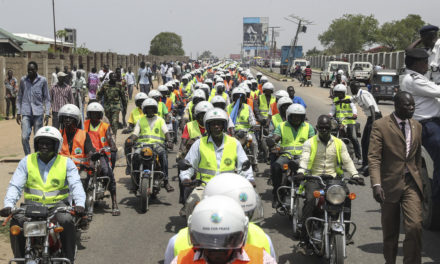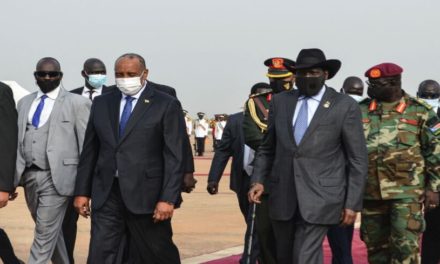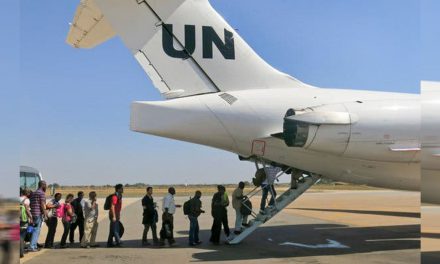
“This salary delay affects us,” Civil Servants cry

By Winnie Cirino
South Sudan takes one step forward and three steps backwards as far as clearing government worker’s salary arrears is concerned. Civil servants have not been paid since June even after President Salva Kiir promised the law makers in August that civil servants’ salaries would be paid in a few days’ time. It’s been a month since then.
Some civil servants have had enough and have asked the Finance Ministry to expedite salary payment. Most last received salaries since May making it hard to cope with life.
“This salary delay affects us, especially for transport, it gets hard because you at times have to beg drivers on the road to give you a lift so that you go to work.”
“At times you leave home and there’s nothing to feed on, you go to work hoping your salary will come, but you get nothing.” Says Nancy Henry who works with Customs.
When president Kiir promised the parliamentarians three month’s salaries all hopes were raised and civil servants became highly expectant. Akwero Stella, who prefers not to mention her work place for fear of reprisal, waited in vain. Her monthly salary is just 2,100 SSP but barely comes on time. She and others like that are frustrated and disappointed with President Kiir for failing to keep his promise.
“He (President Kiir) promised. So, we don’t know what is taking place up to now. We’re still waiting though.”
“Things are hard. we are just here. They should work hard and pay us in time because we have families. Kids want to go to school. If they don’t pay us in time, things (will) become difficult.” Stella says.
The headmaster of Sadaka Secondary School, Levi Simba Lasu says his teaching staff quit their jobs in search of greener pastures.
“They’re just doing their casual work in the area, others are riding Bodabodas (motorbikes), and others are doing their mere businesses in areas in order to feed their families.”
If the government could raise salaries and pay on time, civil servants would cope with the ever skyrocketing prices of commodities in South Sudan.
Lasu is a grade 5 teacher. He earns 4,600 SSP monthly. With this amount, Lasu cannot afford a sack of charcoal which sells at 5,000 in most markets around Juba, let alone pay for his two children’s school fees, medication, clothing and their feeding.
He however calls upon officials in the ministry of finance to pay their two months’ salary as ordered by the president last month.
“I want to tell the minister (of finance and economic planning), let him respect the orders of the president. Let him act according to the orders of the president, not to delay.”
The more he delays, the more people will not respect the president and the more people will not respect government officials because they are just talking on radio and deceiving people. They’re not implementing what they are saying, which is not good.” Lasu added.
The Deputy Minister of Finance and Economic Planning, Athian Ding Athian was contacted for comment but did not answer repeated calls or reply messages.
This story aired on VOA New South Sudan In Focus program, Thursday September 16, 2021.





















Recent Comments